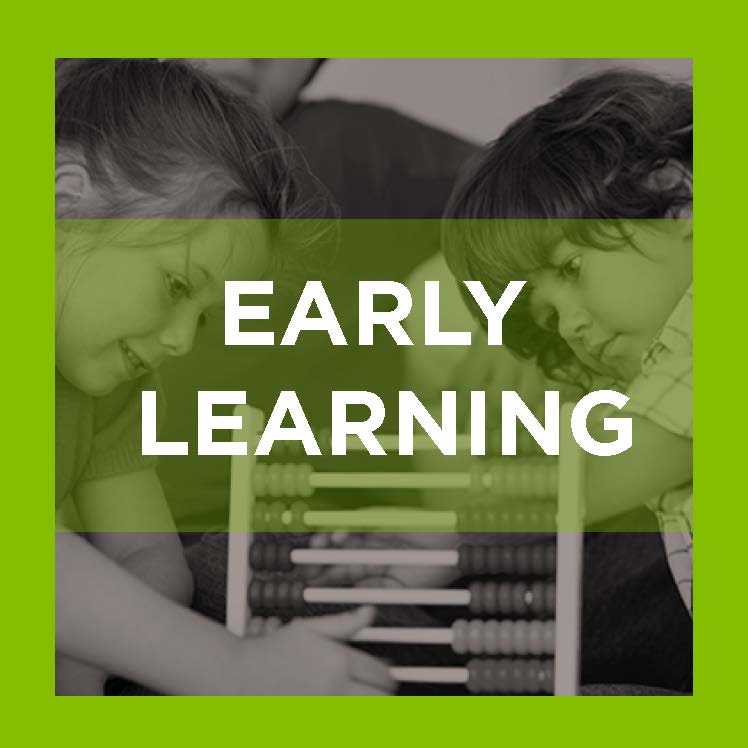The experiences of children birth to age five have tremendous impact on their readiness for kindergarten. The approaches to learning, executive function, interest and persistence, flexibility, social and emotional development, engagement in learning tasks, language enrichment and attitudes about school all influence academic achievement and later success. Children who have a high quality pre-k experience with a full-day/full-year program, highly qualified teachers and assistants, a developmentally appropriate curriculum, strong leadership from the administration, family involvement with supports and appropriate assessments with individualized planning are likely to enter kindergarten ready to learn. However, if the ready child enters a kindergarten program that is part-day/part-year, with an under qualified teacher, large group size and high student to teacher ratios chances are they will lose ground in their academic progress during the kindergarten year.
Currently in the United States 34 states require districts to offer part-day kindergarten (which can be as short as two and a half hours), 11 states and the District of Columbia require districts to offer full-day kindergarten and five states do not require districts to offer kindergarten at all. There are significant discrepancies that exist in state kindergarten policies across and within the states specific to the length of the kindergarten day.
Equality at the starting line for kindergarten children is more important now than ever before. Each child in kindergarten is expected to master the same academic standards – standards which are now more rigorous in most states – regardless if they are in a two and a half hour kindergarten, or a program that is the same length as the instructional day of first grade.
Providing quality, full-day, every day kindergarten supports the continuity young children need when coming from a full-day, every day quality pre-k experience. Children in full-day kindergarten gain 12.8 percent more than children in half-day programs on reading assessments, and 10.3 percent more on math assessments between fall and spring. Gains are even greater when full-day kindergarten is provided using quality standards such as smaller class size and the presence of a teacher’s aide. When the preponderance of data suggests that full-day kindergarten produces more significant academic and social benefits for children than part-day kindergarten, when we have children entering kindergarten who did not have a quality pre-k experience, and when we have disadvantaged children entering kindergarten as much as 18 months behind before they even begin, it is important to consider making full-day kindergarten a policy priority. Children are being held to high standards, yet too many are not getting an equitable start due to the lack of a quality full-day, every day kindergarten program.







